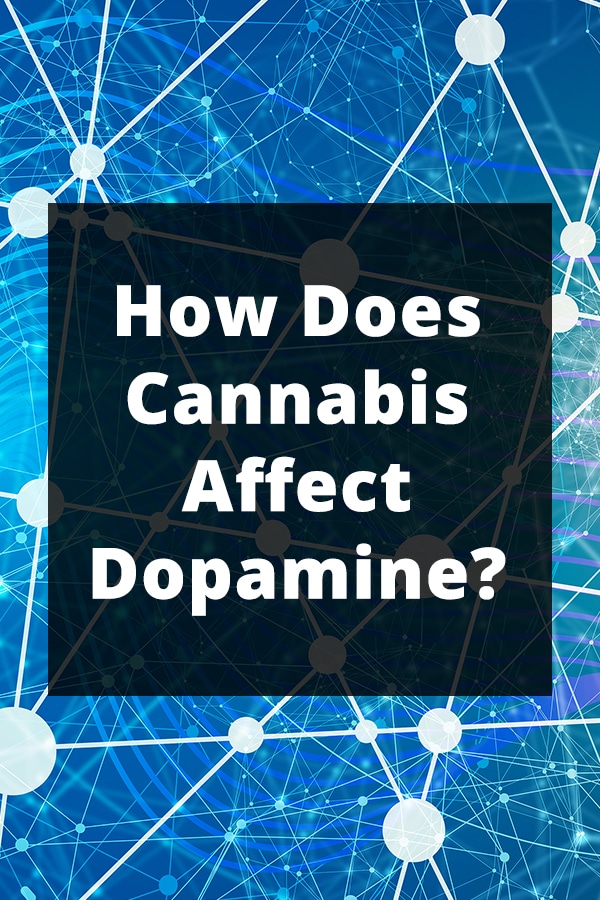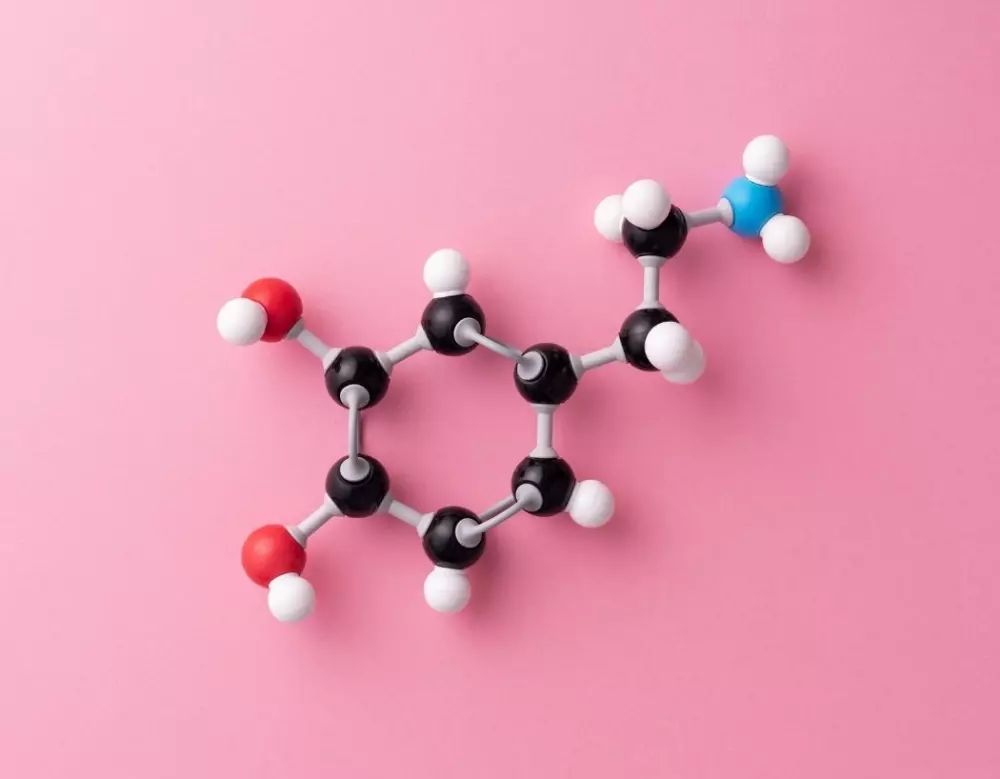Healers have recommended cannabis in one form or another for many reasons for thousands of years. It’s long been used as a medicinal plant, but in the last century its usage was made illegal. The US Congress passed the Controlled Substances Act in 1970, designating cannabis and its derivatives as Schedule I controlled substances. Under US federal law, cannabis cultivation, distribution, sale, and possession are illegal.
The reasons for cannabis being restricted were unconscionably misguided. It is a healing, medicinal plant. However, there are some things to know about how cannabis can affect the body. Here's a look at the effects of cannabis on dopamine.
What Is Dopamine?
Dopamine is a neurotransmitter. It sends signals from the brain to the body and from the body to the brain. It’s most commonly associated with your body’s reward system. Dopamine makes you feel pleasure with things like food, sex, gambling, and so on. When your body doesn’t produce enough dopamine, your ability to feel pleasure is stunted.
How Does Cannabis Affect Dopamine?
Here’s how the National Institute on Drug Abuse (NIDA) explains it:
THC, acting through cannabinoid receptors, activates the brain’s reward system, which includes regions that govern the response to healthy pleasurable behaviors like sex and eating. Like most other drugs of abuse, THC stimulates neurons in the reward system to release the signaling chemical dopamine at levels higher than typically observed in response to natural stimuli. This flood of dopamine contributes to the pleasurable “high” that recreational marijuana users seek.
Obviously, NIDA is not pro-cannabis.
Dopamine from Cannabis Debunked
So what's the real deal? Leafly reports that we know that through cannabinoid receptors, THC does activate the brain’s reward system, but it’s not likely that it does so by “flooding the brain with dopamine.” How do we know this? In contrast to early studies on animals, the evidence is unsupported by studies on humans.
In fact, numerous human studies suggest that at best, consuming cannabis produces only a modest amount of dopamine. While robust evidence suggests stimulants like cocaine and amphetamines do, in fact, trigger a flood of dopamine, the same cannot be said about cannabis.
In 2015, researchers at King’s College London conducted a review of every published study — 25 of them, at the time — only to find that in humans, there is “little direct evidence to suggest that cannabis use affects acute striatal dopamine release or affects chronic dopamine receptor status in healthy human volunteers.”
Cannabis Research
To learn more about the research being done on cannabis, check out this great roundup of studies from 2020 published on Leafly:
- Improving our understanding of the endocannabinoid system
- Legitimizing cannabis for chronic pain treatment
- THC doesn’t make you lazy
- Cannabinoids may treat symptoms of Parkinson’s disease
- A natural THC-like cannabinoid discovered
We'll continue to bring you news and information about cannabis and science here on Urban Aroma! Stay tuned.

